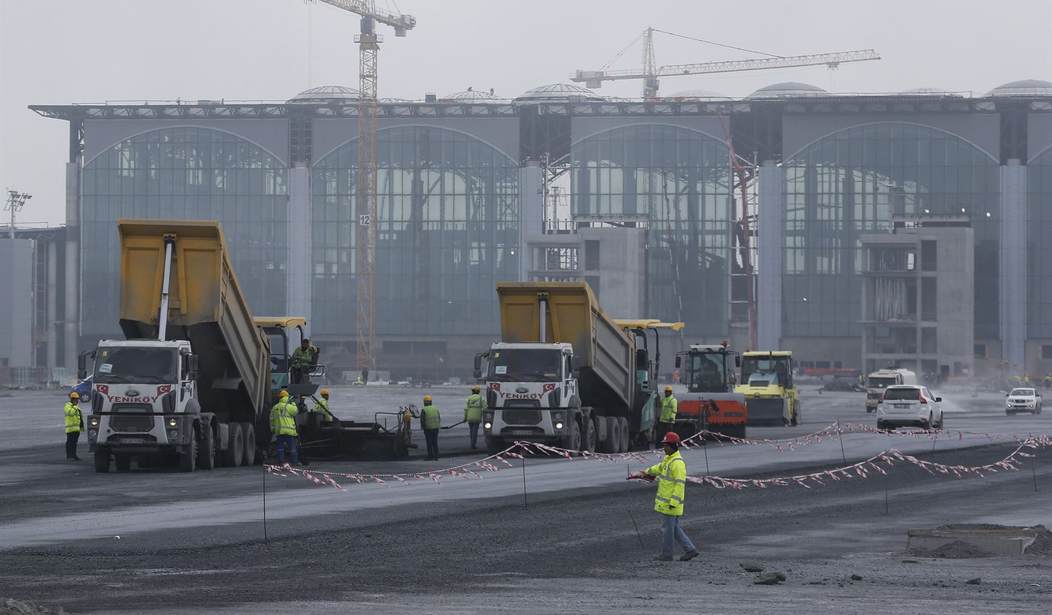When it comes to battling climate change, all of the eco-warriors out there will be quick to tell you what the real threat to the future of the world is. It’s fossil fuels, right? Oil, coal, natural gas… they are all working together behind the scenes to bring down the entire planet. But did you know that there’s another, potentially even bigger villain hiding out there in plain sight? If you live anywhere with a greater population density than a wooden shack in a forest, you can probably step out your door and see it immediately It’s concrete. That’s right… the stuff that comprises the sidewalks, buildings, and most every other type of construction project you can imagine. And the process of creating concrete and allowing it to cure after it is poured is dumping vast, increasing amounts of carbon into the atmosphere. The biggest culprit in this story is reportedly China, but that doesn’t mean that you privileged Americans strolling around on your fancy sidewalks are going to be given a pass by the environmentalists. The global scourge of concrete must be brought under control. (Associated Press)
Heat trapping carbon dioxide emissions from making cement, a less talked about but major source of carbon pollution, have doubled in the last 20 years, new global data shows.
In 2021, worldwide emissions from making cement for buildings, roads and other infrastructure hit nearly 2.9 billion tons (2.6 billion metric tons) of carbon dioxide, which is more than 7% of the global carbon emissions, according to emissions scientist Robbie Andrew of Norway’s CICERO Center for International Climate Research and the Global Carbon Project. Twenty years ago, in 2002, cement emissions were some 1.4 billion tons (1.2 billion metric tons) of carbon dioxide.
Driven by China, global cement emissions globally have more than tripled since 1992, recently growing at a rate of 2.6% a year. It’s not just that more cement is being made and used. At a time when all industries are supposed to be cleaning up their processes, cement has actually been going in the opposite direction.
Since I guess we’re all supposed to start panicking about concrete now, it’s worth pointing out that even the most alarmist estimates suggest that concrete accounts for just 7% of global carbon emissions. And despite the probability that the eco-warriors will try to blame America as they always do, the United States accounts for barely 7% of the carbon emission caused by concrete globally. China is responsible for more than 50%.
The process of making cement requires heating a mixture of limestone and calcium carbonate to create calcium oxide. That releases carbon into the atmosphere. More is released later when it is mixed and poured. So how do we put a stop to this? Concrete is used in virtually every type of construction project in the world. Are we supposed to just stop building things?
Of course not. One option under discussion is moving to the use of “green cement” because of course somebody has come up with that already. Making it involves using something called “fly ash” as part of the binding agent. And fly ash is a byproduct of (wait for it…) burning coal.
Realistically, we can’t cut back on using concrete. So what’s to be done? According to the climate change experts interviewed for the linked report, we’ll just have to reduce other carbon sources even further than current plans suggest to make up for all of the cement we’re going to have to use. So that will mean even less coal, natural gas, and gasoline. Hopefully, thoughts of your noble efforts to reduce your carbon footprint will keep you warm at night while you’re freezing to death in the dark next winter.








Join the conversation as a VIP Member